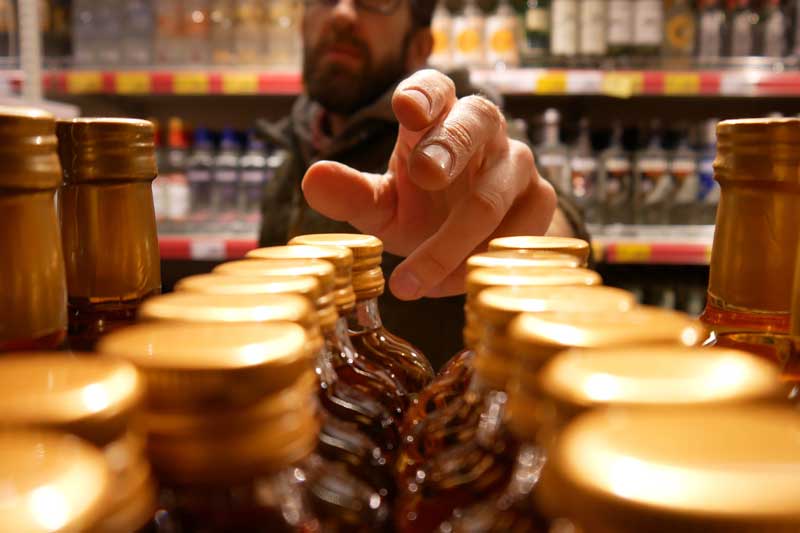How can beverage alcohol companies strategize and plan for success in 2018? The answer lies in analytics, data, and technology.
Tweet: How beverage alcohol companies can use analytics for long-term planning
An investment in analytics enables beverage alcohol companies to better understand their direction as well as overall industry trends. Such information can aid in better data-driven decision-making, resulting in improved efficiency, increased productivity, and greater success and growth.
Understand what products are selling and why
Real-time analytics helps beverage alcohol businesses gain better insights about their products. Analytics enables users to monitor product trends and learn more about customers’ purchasing decisions. Businesses can then form strategies to promote specific products, understand why a product is selling, and create opportunities to generate more revenue and sales.
For example, Biltmore Wines has been using Diver Platform to understand product trends and budget for marketing and brand growth. Users gained insights into industry trends from their data feeds, which they used to then plan how to grow the company into a national brand. With current information, the organization can also create more revenue-generating opportunities and make informed, intelligent business decisions.
Plan for the future
The beverage alcohol industry can use a greater understanding of current data to strategize for growth and success in the future. Investing in analytics can also aid in additional areas:
1. Increased efficiency for salespeople
Mobile analytics and technology can improve information delivery for salespeople, whether they are in the office or on the road. Mobile technology allows them to travel with real-time information, be more efficient, and stay connected. It also provides access to current data, displays collateral, and aids in meeting quotas and goals.
2. Economic growth and job creation
An investment in business intelligence and analytics can result in job creation and economic growth. Such job opportunities will allow employees to focus on data analysis and reporting. These opportunities also reduce the need for a tech-heavy staff and allow management to focus more on strategy and revenue-generation. A decrease in a tech-heavy staff will allow an enterprise to invest in sales, marketing, finance, and operations.
3. Improved management for revenue capture
Managing programs to capture revenue is one of the biggest challenges in the beverage alcohol industry. Organizations spend time and resources on program tracking, reducing their time to explore other revenue-generating opportunities. An investment in business intelligence can help boost productivity, efficiency, and revenue by better tracking programs and progress. Furthermore, business intelligence software will simplify processes, resulting in less time spent on compiling reports and more time to actually make money.
Information can only improve decision-making if the right people are able to access the right information at the right time. With an investment in analytics solutions, beverage alcohol businesses can gain insights, understand their customers, and increase sales, leading to greater success.
- Understanding Wineries’ Top 3 IT Priorities - September 18, 2018
- 3 Skills Tomorrow’s Distributor Executives Need to Know - August 29, 2018
- Dimensional Insight Book Club: Why We Sleep - August 23, 2018



